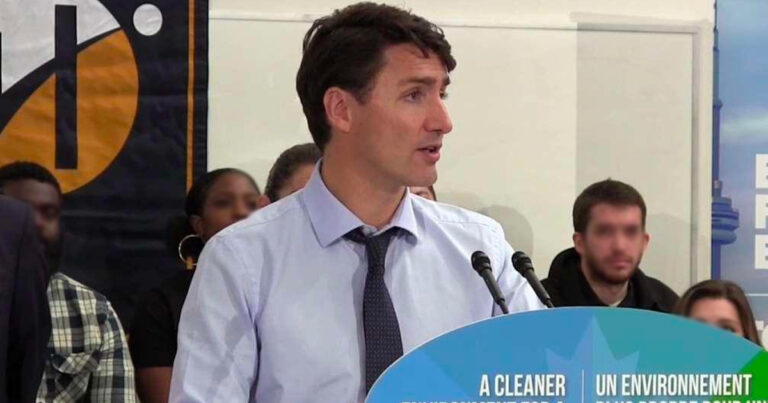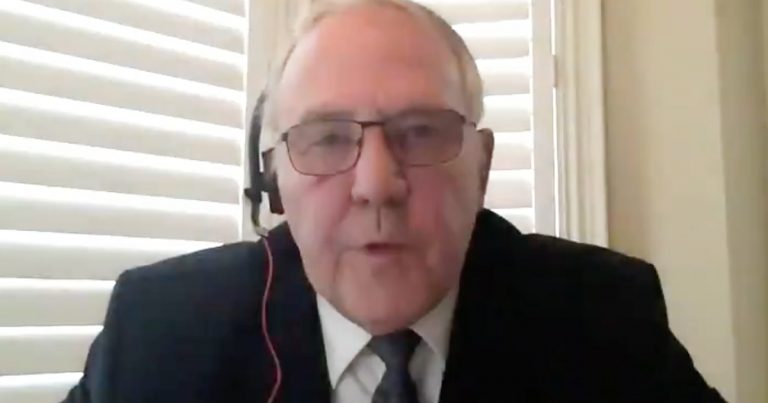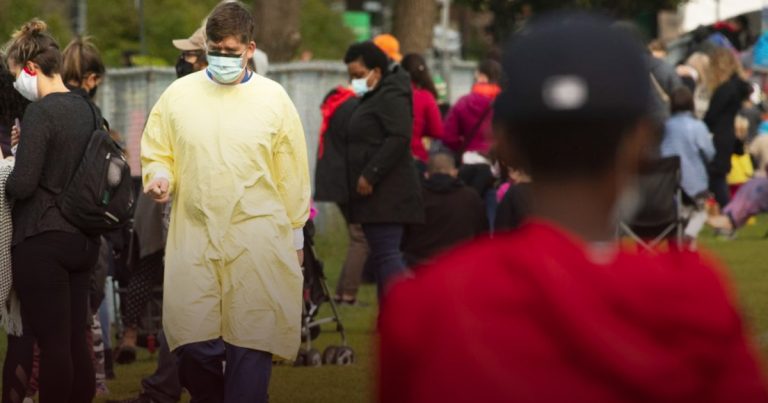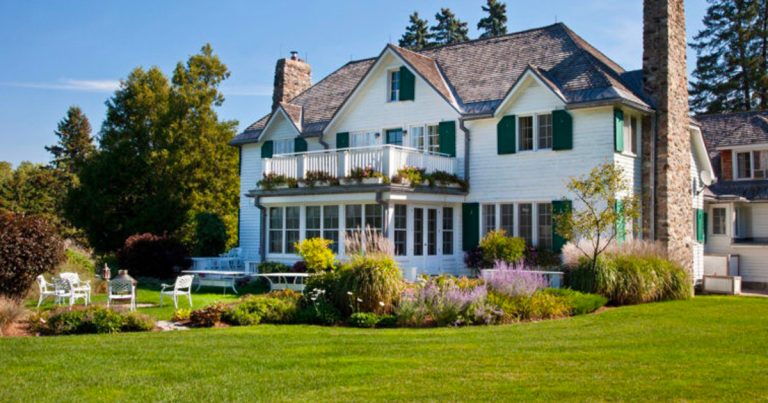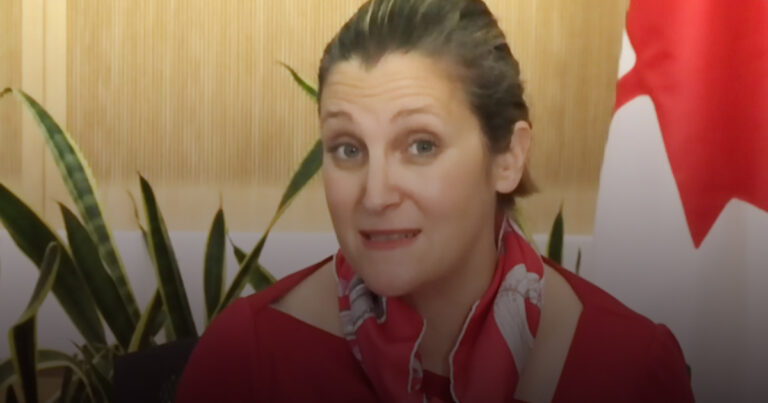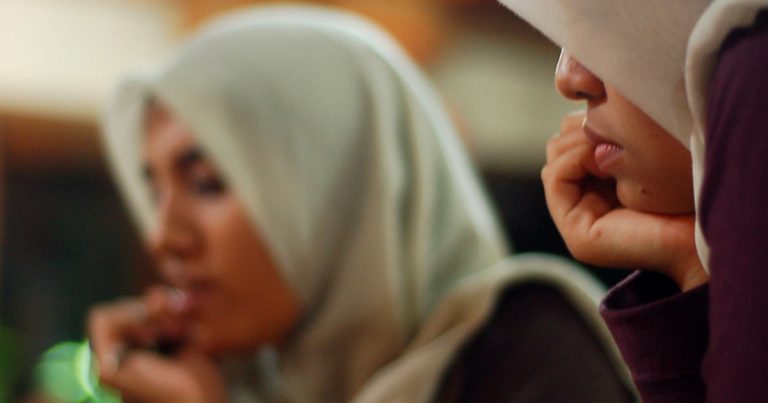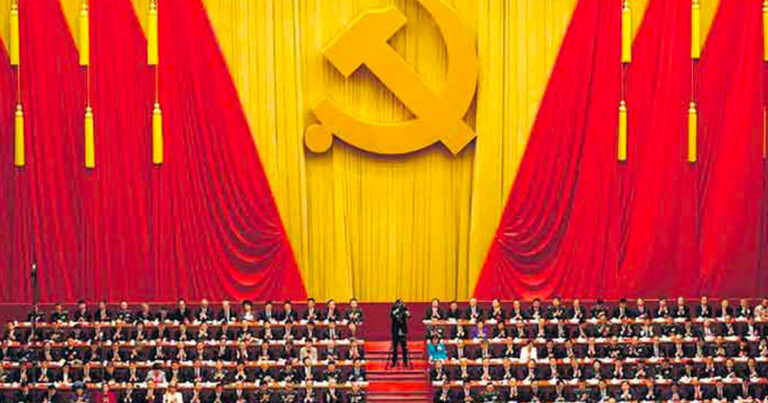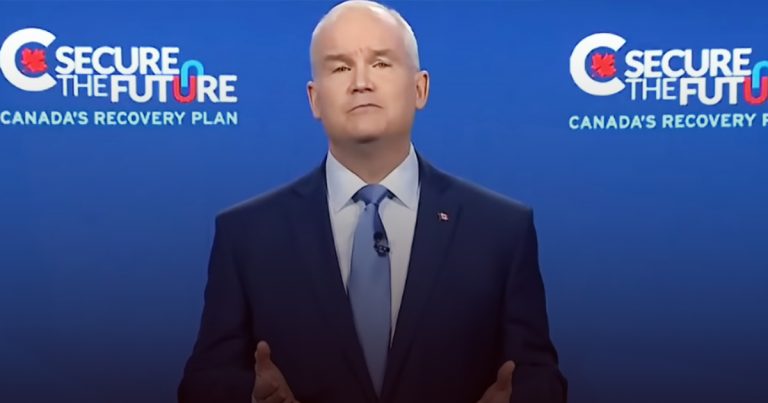The Supreme Court has ruled that the Trudeau government’s carbon tax is constitutional.
On Thursday, Canada’s highest court ruled in a 6-3 decision that the law putting a price on carbon emissions is permissible. The decision dashes the hopes of multiple provincial governments that wanted to see the carbon tax overturned.
In the majority decision, Chief Justice Richard Wagner said climate change is a grave threat to Canada that justifies a national response.
“Climate change is real. It is caused by greenhouse gas emissions resulting from human activities, and it poses a grave threat to humanity’s future,” he wrote.
“The evidence clearly shows that establishing minimum national standards of GHG price stringency to reduce GHG emissions is of concern for Canada as a whole. This matter is critical to our response to an existential threat to human life. As a result, it readily passes the threshold test and warrants consideration as a possible matter of national concern.”
The Supreme Court says that the “peace, order and good government” (POGG) clause of the constitution allows the government to take aggressive action on a national level. The Supreme Court has not always accepted the POGG argument.
The three dissenting justices were Justice Suzanne Côté, Justice Malcolm Rowe and Justice Russell Brown. They disagreed entirely with Justice Wagner’s decision, claiming that the carbon tax is unconstitutional.
Justice Suzanne Côté said the federal carbon-pricing law gives too much discretion to the federal cabinet.
Justices Rowe and Brown believe the federal government has strayed into provincial jurisdiction and that the national concern power should only be for matters in which the provinces have no legislative authority.
The federal government’s carbon tax applies to provinces that do not already have a carbon tax plan which the Trudeau government approved of.
The carbon tax has already been challenged in courts at a provincial level, with courts in Ontario and Saskatchewan ruling it as constitutional, while a court in Alberta ruled it was unconstitutional.
